Research
"Our innovative research is the basis of our success, and has made us the UK's largest centre for research into evolution, behaviour, ecology, marine biology and microbiology."
Our interdisciplinary culture, fostered through research centres such as the Environment and Sustainability Institute, combined with current grant funding from bodies such as UKRI, EU, The Wellcome Trust and many others enables us to make meaningful contributions to addressing the grand challenges in ecology, conservation and biodiversity that face the world today."
Read more from Professor Andrew Young and Professor Chris Bass
Professor Andrew Young and Professor Chris Bass
Co-Directors of Research and Impact
As global leaders in the fields of ecology, evolution, conservation biology, microbiology, marine science, and animal behaviour, our researchers study the world’s natural and human-influenced environments, where we use our expertise to explore innovative solutions that resonate both globally and here at home in Cornwall.
Collaborating with stakeholders ranging from local communities to international organisations, our research contributes to understanding of our planet's diverse ecosystems, leads to real-world impact, informs policies and practices, and fosters sustainable coexistence between humanity and the natural world. Our work is funded by UK research councils, the European Union, charities and government organisations from around the world. Find out more about our research culture.
Main research themes:
Research facilities
Our research laboratories are fully equipped with the needs of a modern laboratory and are complemented with cold rooms and numerous temperature and light controlled incubators (shaking, CO2 and growth chambers), enabling rearing of model and non-model organisms for study.
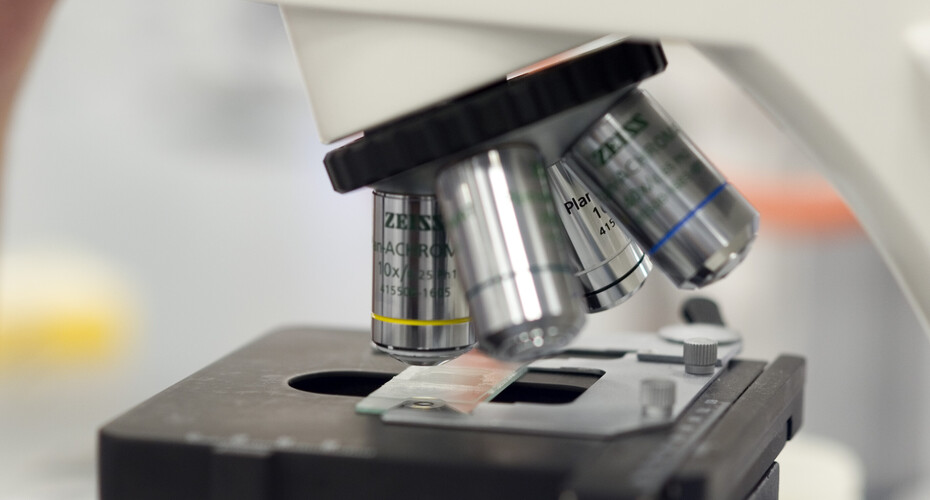
These house state of the art equipment for research in this field including:
- Category 2 microbiology/molecular biology laboratory, for culturing bacterial cells to use for gene cloning, modification and protein expression
- Class 2 tissue culture room
- Radioactive area licensed for a range of radioactive procedures
- Dark room/microscope rooms for light sensitive work and fluorescent microscopy
- Protein purification and proteomics equipment including HPLC and 2D SDS PAGE analysis
- PCR and Quantitative PCR machines
- DNA preparation robot for preparation of DNA from BAC libraries and capillary genetic analyser for DNA sequencing and fragment analysis
This facility, dedicated to HPLC, Gas Chromatography and mass spectrometry, contains:
- An Agilent 7890 GC, coupled with an Agilent 5975 mass spectrometer. This uses helium as the carrier gas, and is fitted with a CTC PAL autosampler allowing liquid, headspace and SPME injections. This is attached to a standalone computer for data analysis, which is loaded with Agilent Masshunter software, including the NIST library for compound identification, and AMDIS (Automatic Mass spectral deconvolution and Identification Software)
- Agilent 1200 series High performance liquid chromatograph (HPLC) with diode-array detector and fluorescence detector, suitable for a range of analyses. This is routinely used for the quantification of antioxidants such as vitamins A, E and carotenoids in natural products such as foods, eggs, blood plasma, and products of oxidative damage such as malondialdehyde
In addition to our Molecular Biology and Metabolomics laboratories we have the following:
- Controlled environment rooms: 18 large programmable environment rooms with variable temperature, humidity and light regimes and shelving for insect rearing and plant growth applications
- Greenhouses: 2 large fully programmable greenhouses with automated blinds and lighting systems and full racking for plant and insect rearing
- 100 tank freshwater aquarium
- Marine lab
- Temperature and light controlled behavioural observation room
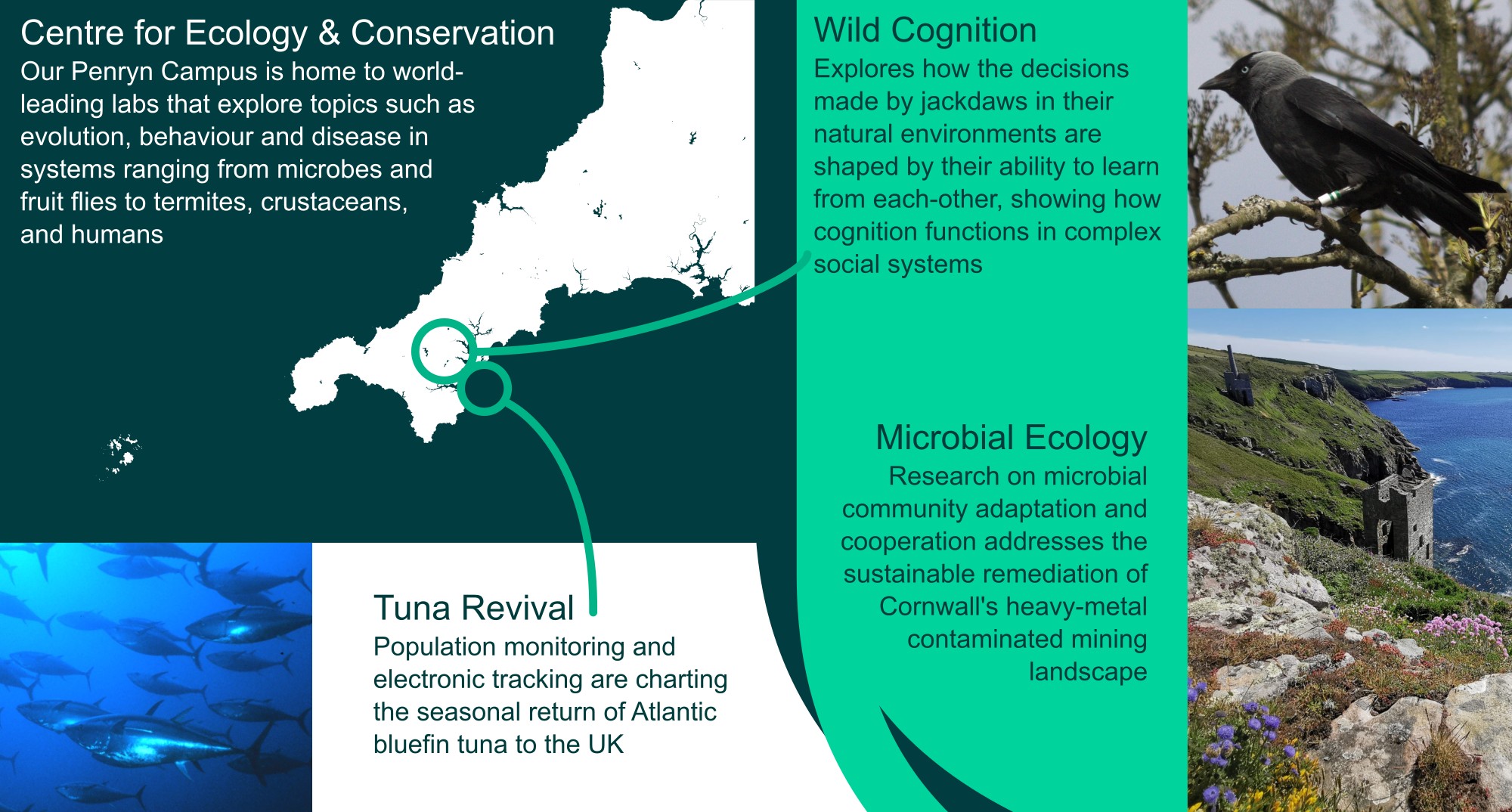
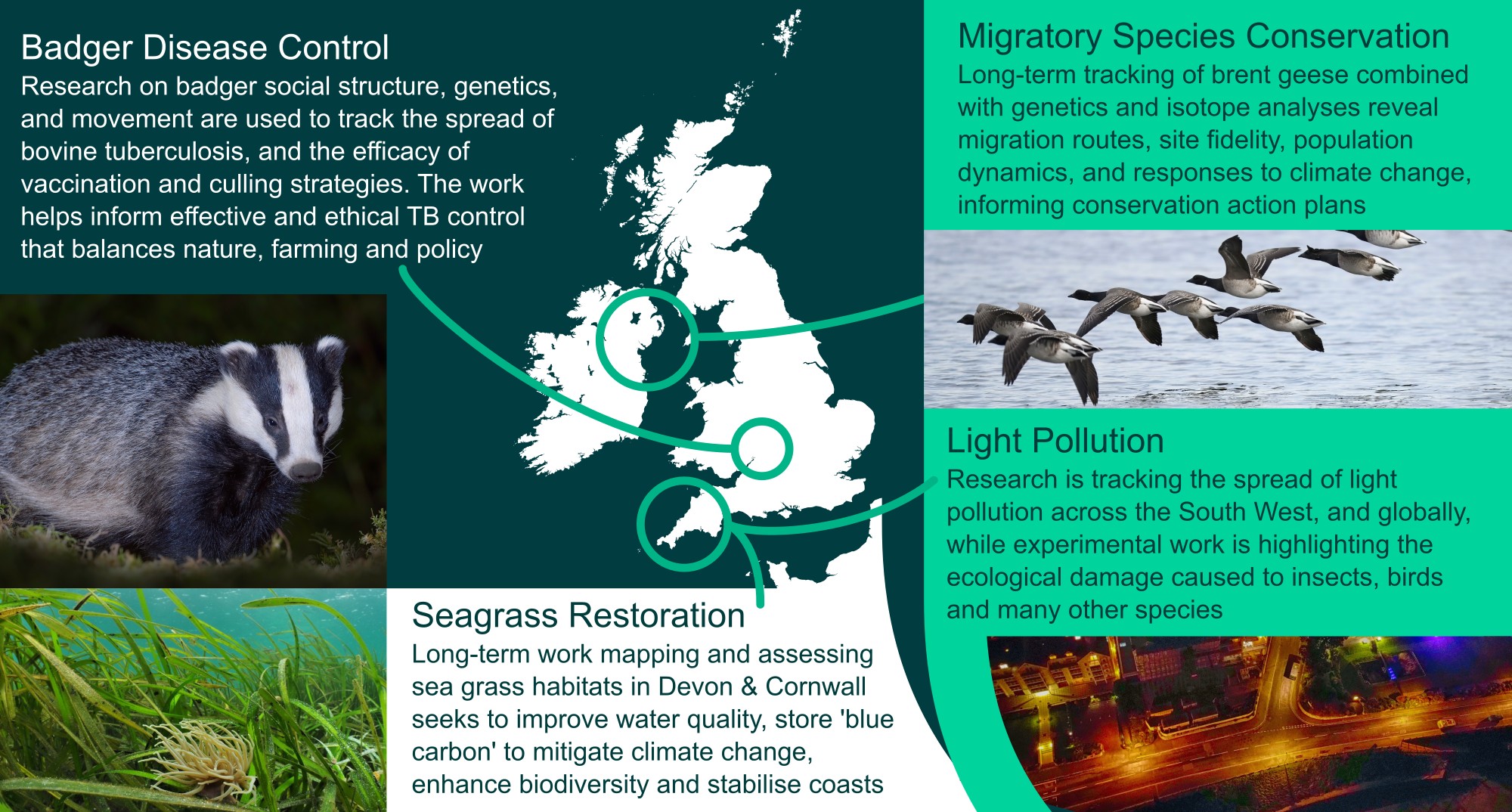
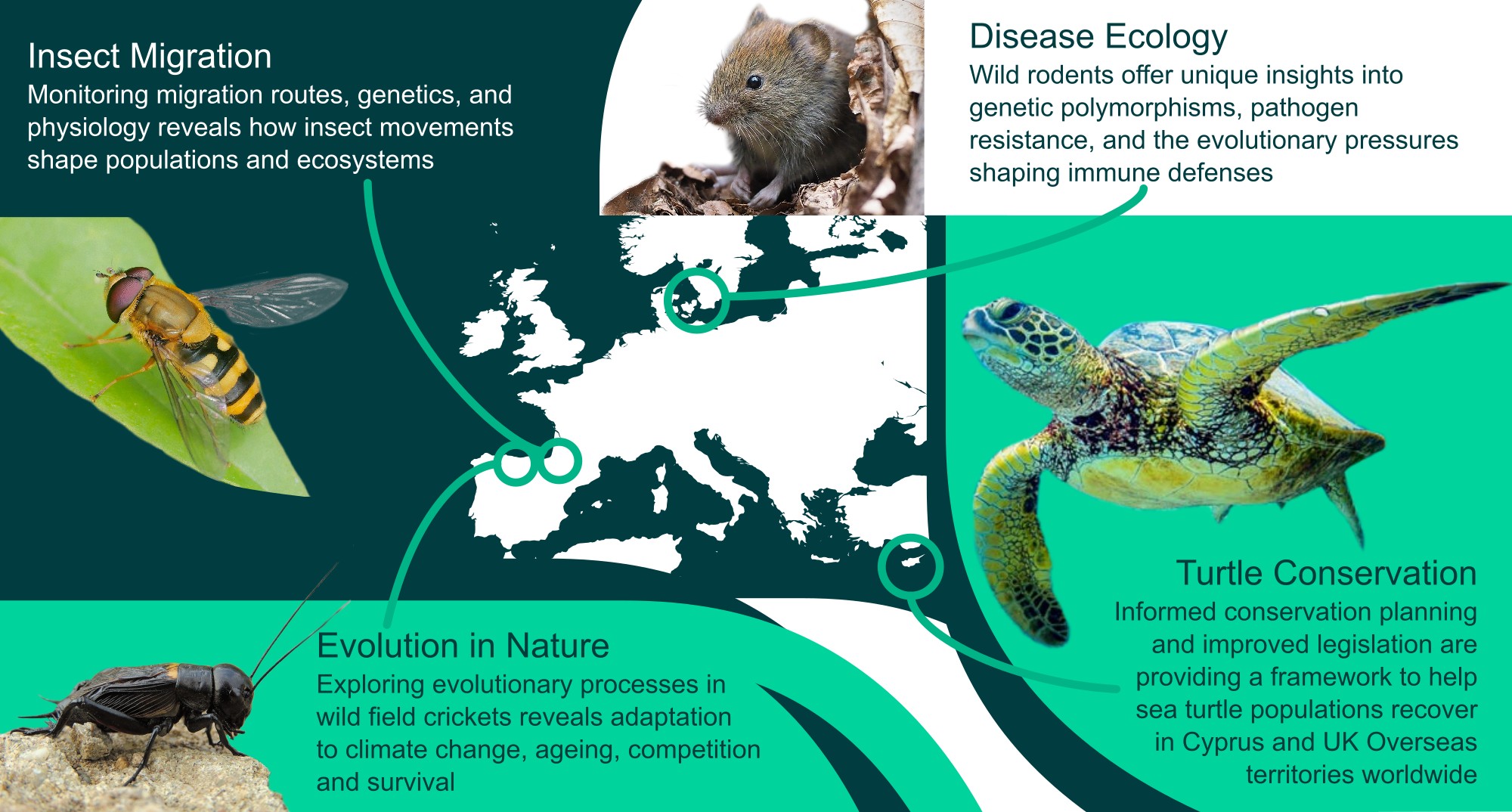
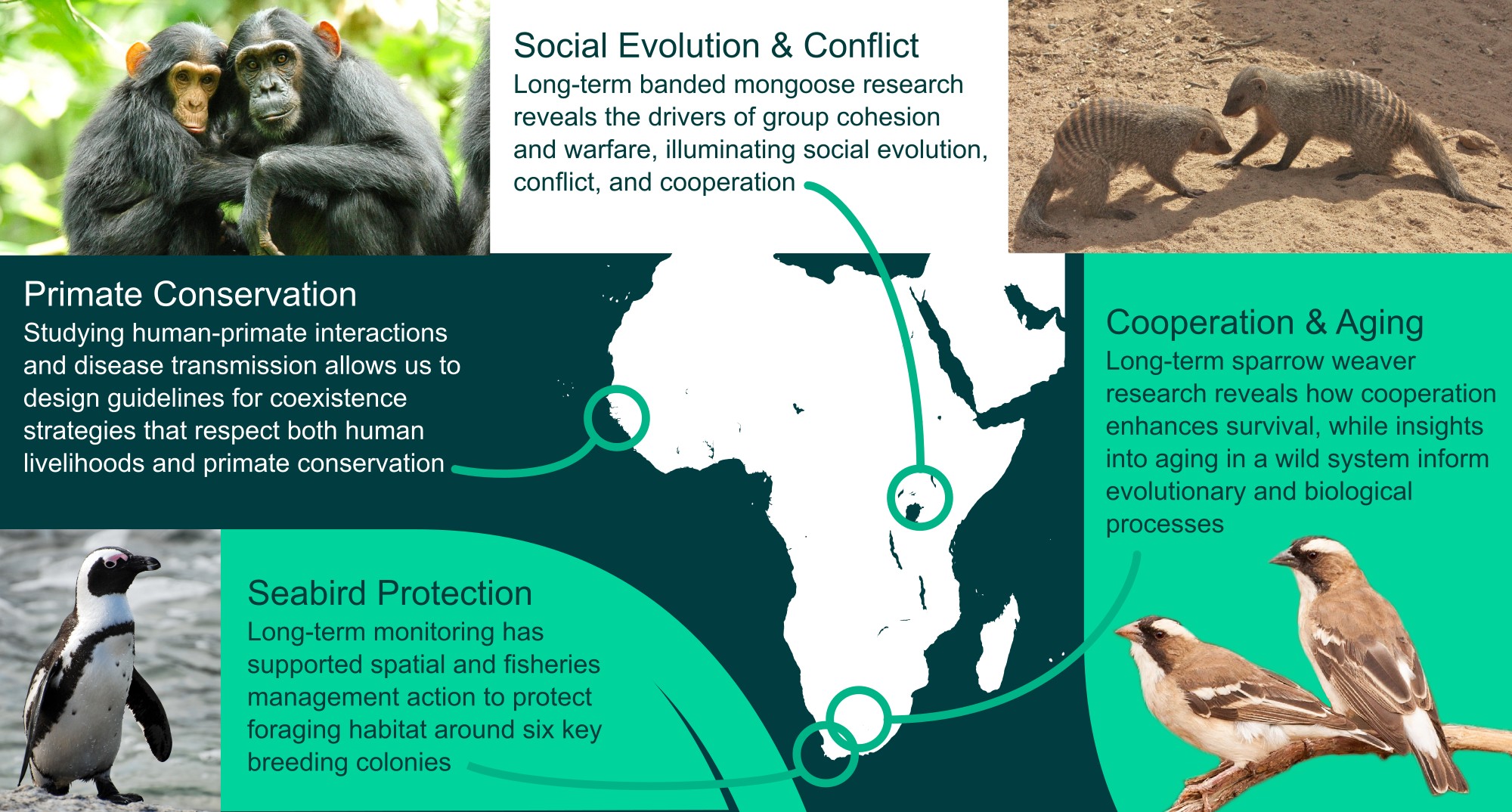
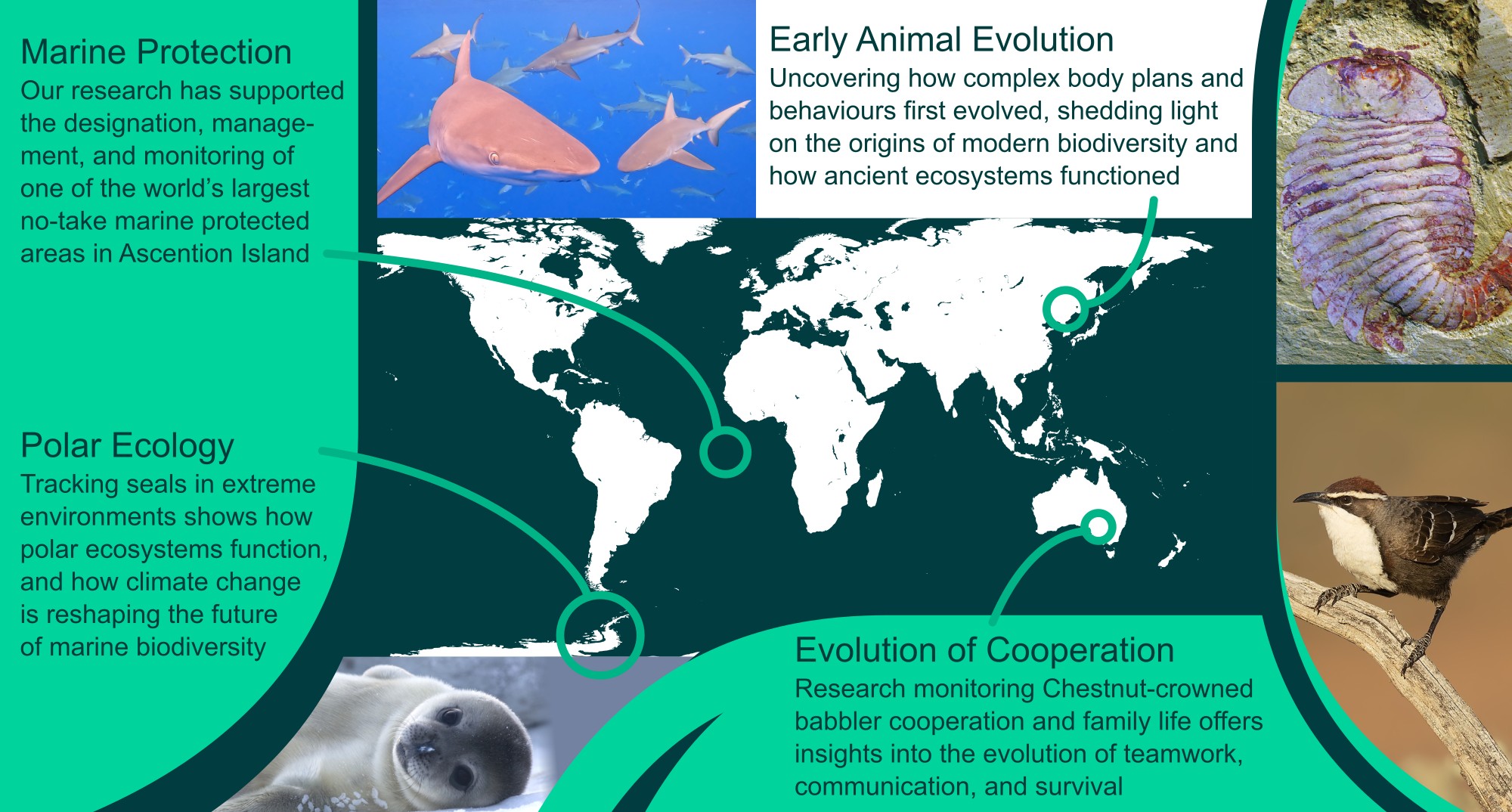

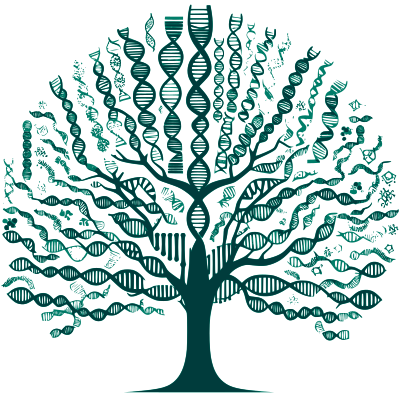
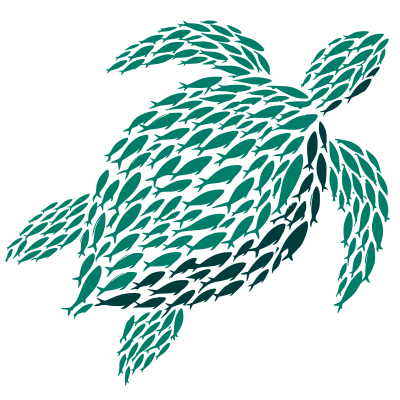

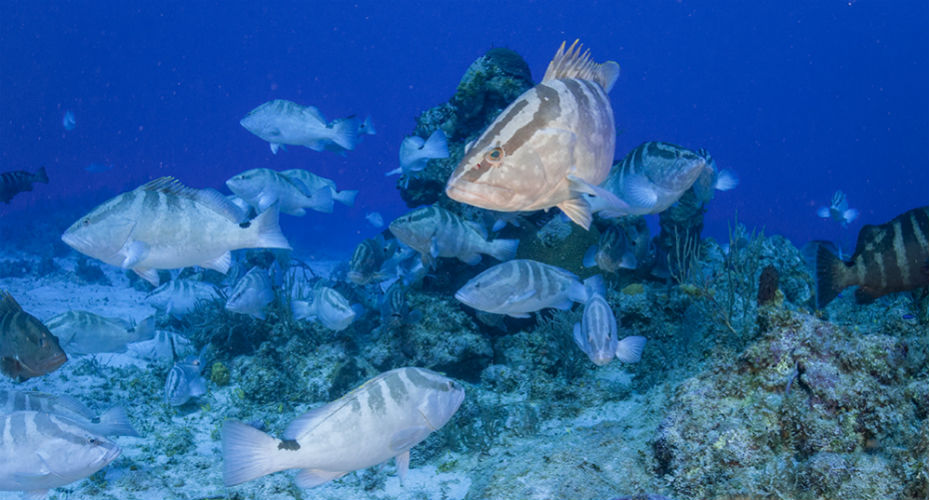
.jpg)